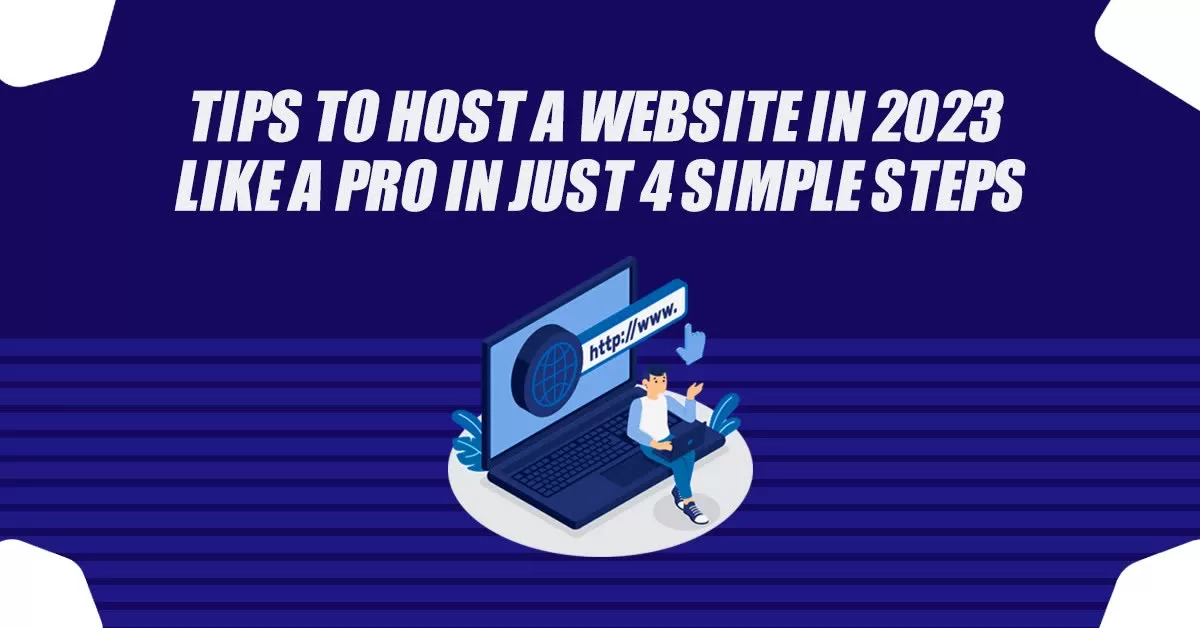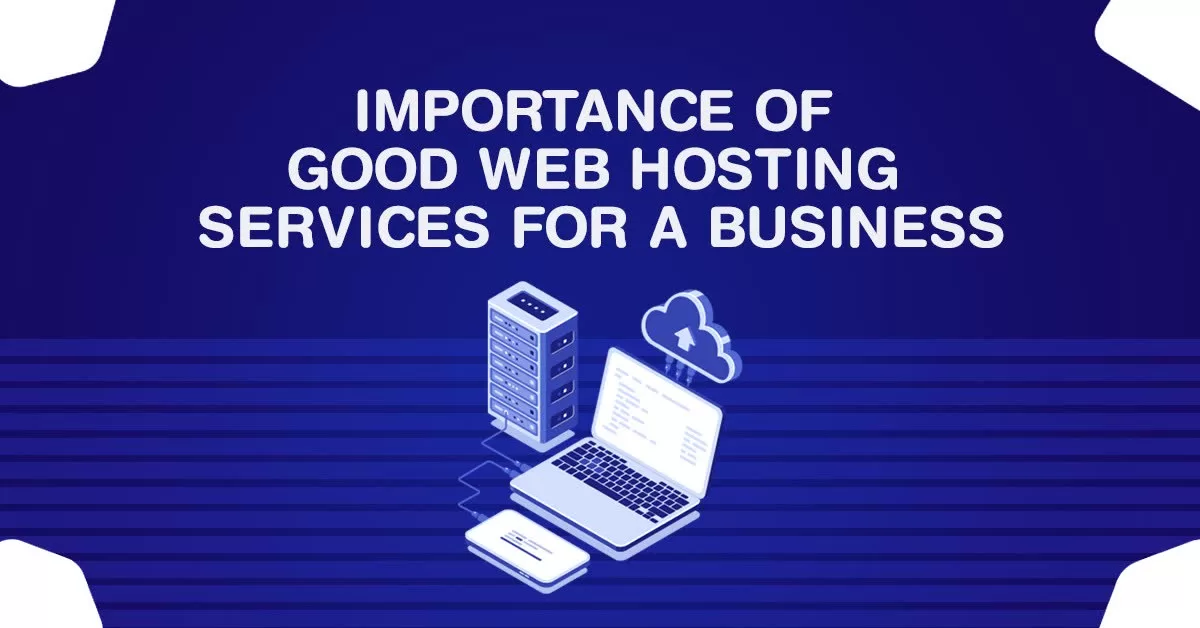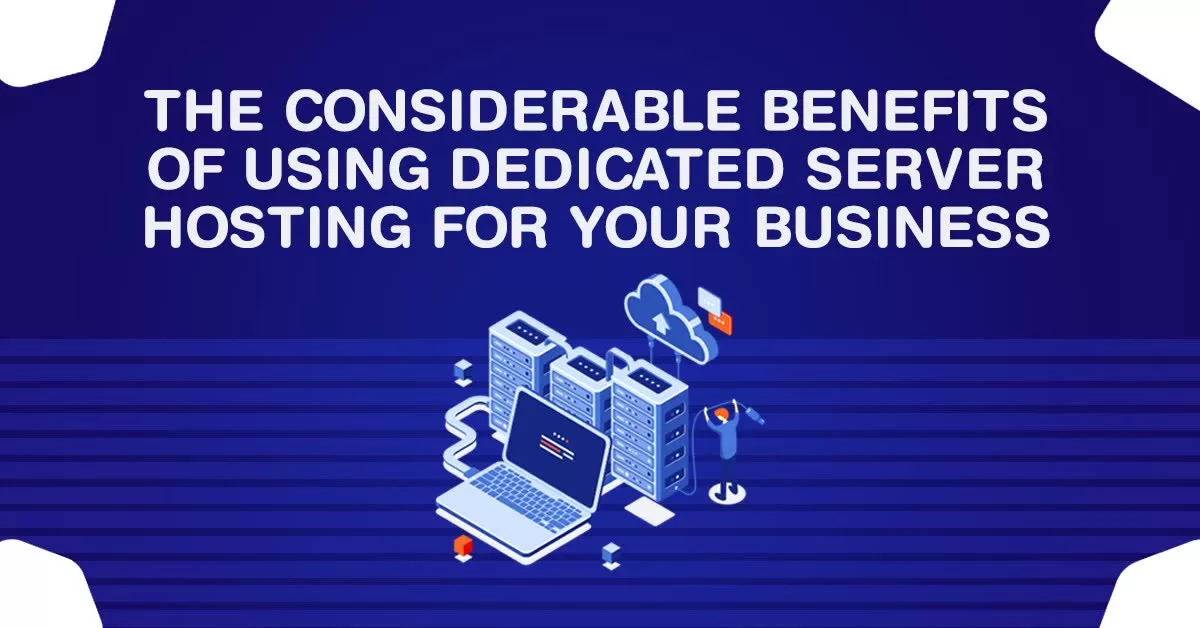Tips to Host A Website in 2023 Like A Pro In Just 4 Simple Steps
A web hosting service allows individuals and organizations to publish their websites on the internet. Web hosting providers provide the necessary technology and infrastructure to store, manage, and deliver the website to the users who access it via the internet.
In essence, web hosting refers to the process of renting space on a server that is connected to the internet. This server is used to store all the files, images, videos, and other assets that make up a website. The hosting provider is responsible for managing the server and ensuring that it is always available, secure, and fast for website visitors. There are different types of web hosting services, including:
- Shared hosting: This is the most basic and affordable type of web hosting, where multiple websites are hosted on the same server and share resources such as storage, bandwidth, and processing power.
- Dedicated hosting: This type of hosting is best for large, resource-intensive websites. With dedicated hosting, the customer rents an entire server and has complete control over its configuration and resources.
- Virtual Private Server (VPS) hosting: VPS hosting is a hybrid between shared hosting and dedicated hosting. It provides customers with their own virtual server, which is isolated from the other websites on the same physical server.
- Cloud hosting: Cloud hosting is a scalable and flexible type of hosting, where the website is hosted on a network of servers in the cloud. The customer only pays for the resources they use and can easily scale up or down as their website grows.
When choosing a web hosting provider, it is important to consider factors such as reliability, speed, security, customer support, and cost. It is also important to choose a hosting provider that supports the platform or technology you plan to use to build your websites, such as WordPress, Joomla, or Magento.
Host A Website Like A Pro In 2023
Hosting a website can be done in several ways, but to host a website like a pro in 2023, you should consider the following steps:
- Choose a hosting provider: Look for a hosting provider that offers reliable and fast servers, 24/7 customer support, and scalable plans. Some popular options include Bluehost, SiteGround, and WP Engine.
- Choose a domain name: Your domain name is your website’s address and it should be unique, memorable, and easy to spell. You can register your domain name through your hosting provider or a separate domain registrar like Namecheap or GoDaddy.
- Choose a Content Management System (CMS): A CMS makes it easy to build and manage a website without the need for technical skills. Popular options include WordPress, Joomla, and Drupal.
- Install the CMS: Most hosting providers offer a one-click installation of popular CMS platforms. Simply follow the instructions to install and set up your website.
- Choose and install a theme: A theme determines the look and feel of your website. Choose a theme that is responsive, easy to navigate, and matches the style of your brand.
- Customize your website: Add pages, posts, images, videos, and other content to your website to make it your own.
- Install plugins: Plugins are tools that add functionality to your website. Some popular plugins include Yoast SEO, Gravity Forms, and WooCommerce.
- Test your website: Test your website on different browsers and devices to ensure that it is functional and looks great on all screens.
- Launch your website: Make your website live by updating the DNS records with your hosting provider.
- Maintain your website: Regularly update your CMS, plugins, and themes to keep your website secure and running smoothly.
4 Quick Steps To Host A Website
Hosting a website is an essential step in establishing an online presence and making your website accessible to the world. By choosing the right hosting provider, purchasing the right hosting plan, and taking the necessary steps to ensure the security and performance of your website, you can host a website like a pro.
1. Choose A Web Hosting Provider
Research and compare different web hosting providers to find one that fits your needs and budget. Consider factors such as server reliability, security, customer support, and scalability.
2. Purchase A Hosting Plan
Choose a hosting plan that matches the size and complexity of your website. For a small website, shared hosting is usually sufficient. For larger and more complex websites, a VPS or dedicated hosting plan may be required.
3. Register A Domain Name
A domain name is the unique address of your website on the internet. Choose a domain name that is easy to remember, short, and relevant to your website’s content. Register your domain name through your hosting provider or a separate domain registrar.
4. Upload Your Website Files
Once your hosting and domain are set up, upload your website files to the server using a file transfer protocol (FTP) client or through the hosting provider’s control panel. Your website should now be live and accessible to the public.
Hosting a website typically involves choosing a web hosting provider, purchasing a hosting plan, registering a domain name, and uploading your website files. Once your website is live, it is important to regularly monitor its performance and security, and make updates and backups as necessary.
Note: The exact process of hosting a website may vary depending on the hosting provider and the platform you choose to build your website with. However, these 4 steps provide a general outline of the process.
Conclusion
In conclusion, hosting a website is a crucial step in establishing an online presence for your business or personal brand. A web hosting service provides the necessary technology and infrastructure to store, manage, and deliver your website to the users who access it via the internet.
When choosing a web hosting provider, it is important to consider factors such as reliability, speed, security, customer support, and cost. Different types of hosting, such as shared hosting, dedicated hosting, VPS hosting, and cloud hosting, offer varying levels of resources and control to meet the needs of different types of websites.












































